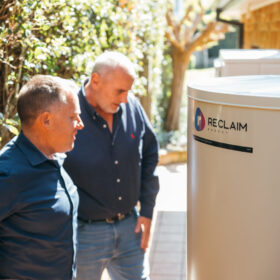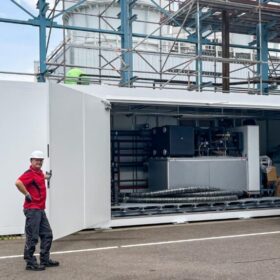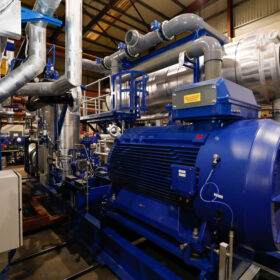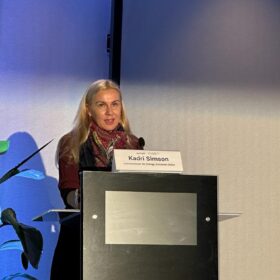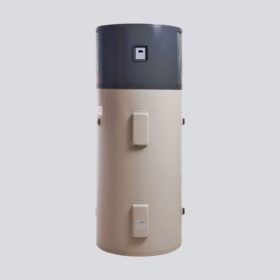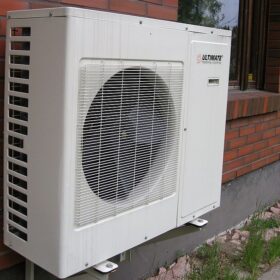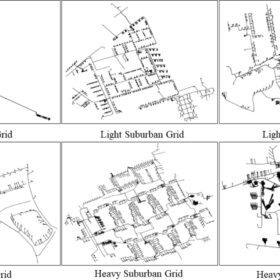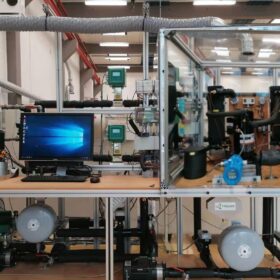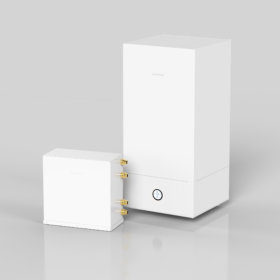Panasonic introduces heat-pump hot water system
Panasonic and Reclaim Energy have partnered to develop a new heat-pump hot water system for the Australian market. They claim that it is up to five times more efficient than gas or traditional electric heating.
Fraunhofer IEG opens testing site for MW-sized heat pumps
The Fraunhofer Institute for Energy Infrastructures and Geothermal Energy (Fraunhofer IEG) says it plans to open two new test benches for large heat pumps. Manufacturers, developers and project planners will have access to the test benches, in order to bring new systems to market maturity.
Optimization model to integrate heat pumps in non-continuous industrial processes
The new optimization method is intended at designing smaller and cheaper heat pumps. Its creators said the new approach also enables higher Opex savings and an improved coefficient of performance.
‘We want the heat pump industry to stay in Europe,’ says EU Energy Commissioner
EU Energy Commissioner Kadri Simson, speaking at the European Heat Pump Association’s (EHPA) Heat Pump Forum this week, has reaffirmed the European Union’s commitment to decarbonizing heat.
German startup 42watt raises funds to expand advisory for solar, heat pumps, energy efficiency
Munich-based startup 42watt will expand its fee-based services to simplify building energy efficiency renovations for homeowners and enter new market segments after raising an undisclosed amount of seed funding.
Rinnai launches hot water heat pump for residential applications
The new heat pump can purportedly provide hot water at a temperature of up to 70 C. It is specifically designed for climatic conditions with temperatures ranging from -10 C to 42 C, as well as coastal locations.
Heat pump adoption in Canada
The Canadian Climate Institute has released a report that explains how to unlock lower-cost heating and cooling in Canada. It outlines barriers to adoption and makes recommendations to streamline the loan and grant application process.
Suburban grids most vulnerable to high levels of EV, heat pump, PV
Researchers from the Netherlands have assessed the potential integration of heat pumps, electric vehicles, and PV systems into distribution grids. They have discovered that suburban grids could face a higher risk of overload. By using actual data from Dutch distribution grid operators, they believe their methodology could be applied to study energy systems in other nations.
Booster heat pumps to improve efficiency of ultra-low temperature district heating
A research group led by the Technical University of Denmark has analyzed how booster heat pumps may effectively improve the performance of ultra-low temperature district heating networks in colder climates and has found that the refrigerant change plays a crucial role. They also said that powering these heat pumps with renewables may also better integrate clean sources in energy systems.
Qvantum plans heat pump factory in Hungary
Swedish manufacturer Qvantum has announced plans to set up a heat pump factory in Hungary. The new facility is expected to have an annual production capacity of 1 million heat pumps.
